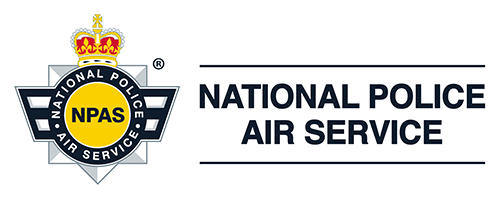NPAS is the only holder of a Police Air Operator's Certificate (PAOC) in England and Wales.
To retain our PAOC we are required to employ nine European Aviation Safety Agency (EASA) and Civil Aviation Authority-approved Form 4 holders, also known as nominated persons.
Response times
In 2022/23, our aircraft crews were deployed to 4,621 priority one incidents.
These are when there is an immediate threat to a life, a crime is in action or there is a national or terrorism incident.
The average time to reach a scene from receiving a call was 12 minutes, 18 seconds.
Working together for continual air supportNPAS Exeter and Bournemouth crews worked together to provide a series of seamless handovers, ensuring Devon and Cornwall Police could be confident of the continual aerial containment of a high-risk firearms scene.
Stay informed and gain a unique perspective on police aviation across the UK by following the National Police Air Service (NPAS) on our official social media channels.
Read all about the National Police Air Service website's accessibility - including how to make changes in your browser to assist using this site and read our Accessibility Statement.
The National Police Air Service (NPAS) provides borderless air support to all police forces across England and Wales 24 hours a day, seven days a week,365 days of the year. On a daily basis, NPAS tackles criminality, helps save lives and keeps people and communities safe.
Governing the National Police Air Service and setting its strategic direction is the National Strategic Board.
Operations are delivered via a lead force model, which was established as part of a National Police Collaboration Agreement.
The National Police Air Service (NPAS) provides air support to police forces across England and Wales. We are a national support service and are not the lead agency for the incidents we attend.
